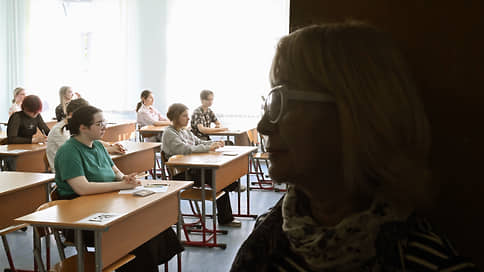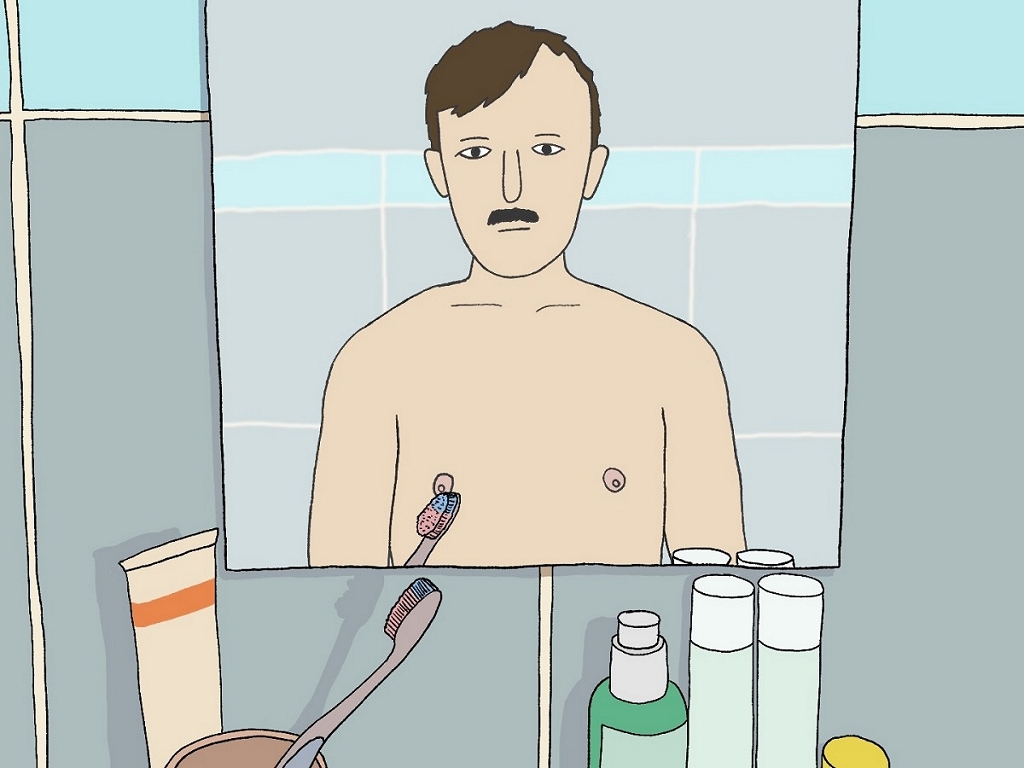The Federation Council approved the Law on OGE for nine -graders

The law allowing graduates of the ninth grades in Moscow, St. Petersburg and the Lipetsk Region to pass two instead of four exams for admission to college, approved the Federation Council. Prior to the actual launch of the pilot, the regions will need to prescribe understandable mechanisms of the experiment and convey information about changes to teachers, parents and schoolchildren, senators said. Speaker of the Council of Council Valentina Matvienko promised to follow the experiment.
On Thursday, March 27, the Federation Council approved the law, according to which this summer, nine -graders in three regions will be enough to hand over the OGE in the Russian language and mathematics to get a certificate of basic general education if they are going to go to college. Those who plan to study in the tenth grade will still take four OGE (Russian, mathematics and two subjects to choose a student). The subjects participating in the pilot will determine the minimum AGE points necessary for admission to the high school, and establish what exams of the choice will need to be passed depending on the profile of the class.
Bill In early 2025, an inter -fraction group of deputies introduced the pilot in the early 2025. During the consideration of the initiative in the first reading on March 12, a violent discussion flared up, the Communist Party faction voted against the bill, but it was still adopted. By the second reading, the experiment was expanded from five regions to twelve, but to the third was reduced to three, citing the fact that the rest, according to the Ministry of Education, were not ready for innovations.
On the eve of the consideration of the law in the Council of People’s Commissars, the head of the Committee on Constitutional Legislation, Andrei Klishas, said that « the regulation developed should not limit access to secondary general education, if it is necessary to increase the popularity of education of another level. »
At the same time, the senator added that this is only his personal position.
At a meeting of the upper house, the head of the relevant committee on education, Lilia Gumerova, reported that the testing of this model in individual subjects will allow to evaluate its effectiveness. She emphasized that the participating regions need to clearly define the algorithm of actions when taking schoolchildren in the 10th grades, develop recommendations where understandable mechanisms of interaction between educational organizations at different levels during the experiment, and conduct explanatory work with all whom the changes will affect. Mr. Klishas noted that the Council of Education did a great job and « if we accept the law, it will be necessary to implement this whole range of measures. »
The speaker of Valentina Matvienko paid special attention to the fact that this is the « Experiment ». “Either it will be recognized as ineffective, and then it will end in an experiment, or if a practice is worked out on the basis of three regions, where the constitutional rights of children will not be violated, it will take place – and then it will be necessary to work out a single law for the whole country, taking into account geographical specifics,” she concluded. Mrs. Matvienko also promised that the senators would monitor the “pilot” and, according to the results of the reception campaign, “draw conclusions”. As a result, the law was approved: 141 senator voted, two were against, four abstained.








:format(webp)/s3/static.nrc.nl/images/gn4/stripped/data133314127-765aec.jpg)